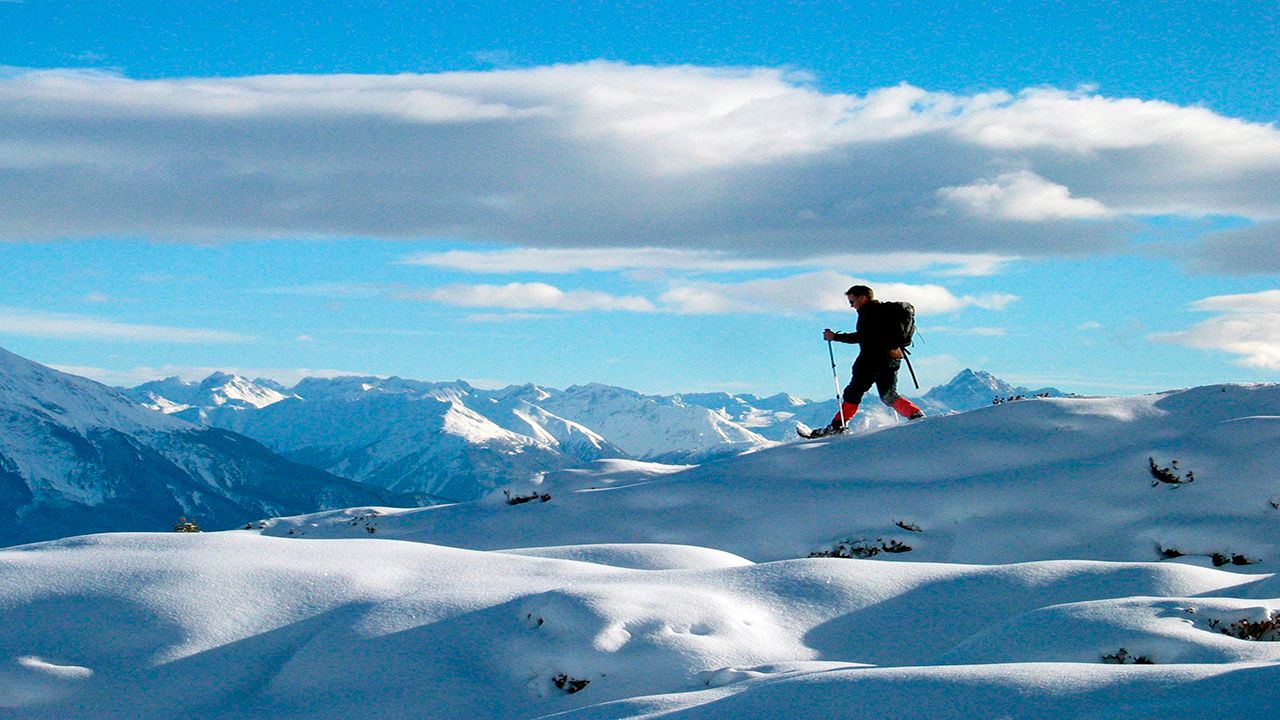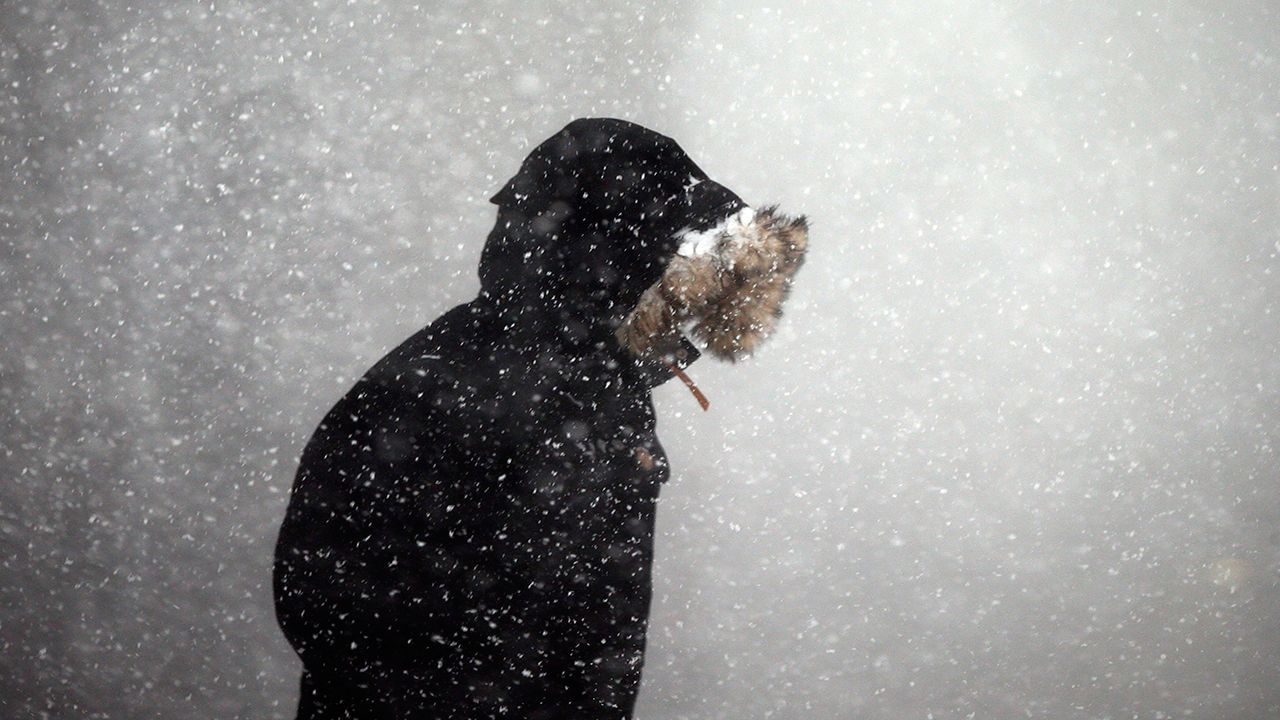Now that we're in the colder months, it is important to protect yourself against the dangers of hypothermia when outside.
Hypothermia occurs when you expose yourself to very cold temperatures for a long time, and your body loses heat faster than produced. Eventually, your body temperature lowers.
If you're wet from rain or sweat, temperatures do not have to be extremely cold for hypothermia to set in.
The people most at risk, according to the CDC, include:
- Older adults with inadequate food, clothing, or heating
- Babies sleeping in cold bedrooms
- People who remain outdoors for a long time
- People who drink alcohol or use illicit drugs

The CDC also explains what warning signs to look for.
For adults, look for:
- Shivering
- Exhaustion
- Confusion
- Fumbling hands
- Memory loss
- Slurred speech
- Drowsiness
In babies, look for:
- Bright red but cold skin
- Low energy
Always prepare before stepping foot outside.
Make sure to layer up, and if traveling, have a safety kit just in case.

If you or a loved one is experiencing hypothermia, seek medical attention right away.
If getting medical attention is not an option, move to a warm room as soon as possible.
You'll also need to remove any wet clothing and warm up the center of the body. That includes the chest, neck, head and groin area.
Warm drinks, such as tea or hot water, help increase body temperature, but remember, never drink anything with alcohol.
Even after the body temperature has increased, keep dry and warm, and seek medical help as soon as you're able to.
Our team of meteorologists dives deep into the science of weather and breaks down timely weather data and information. To view more weather and climate stories, check out our weather blogs section.
